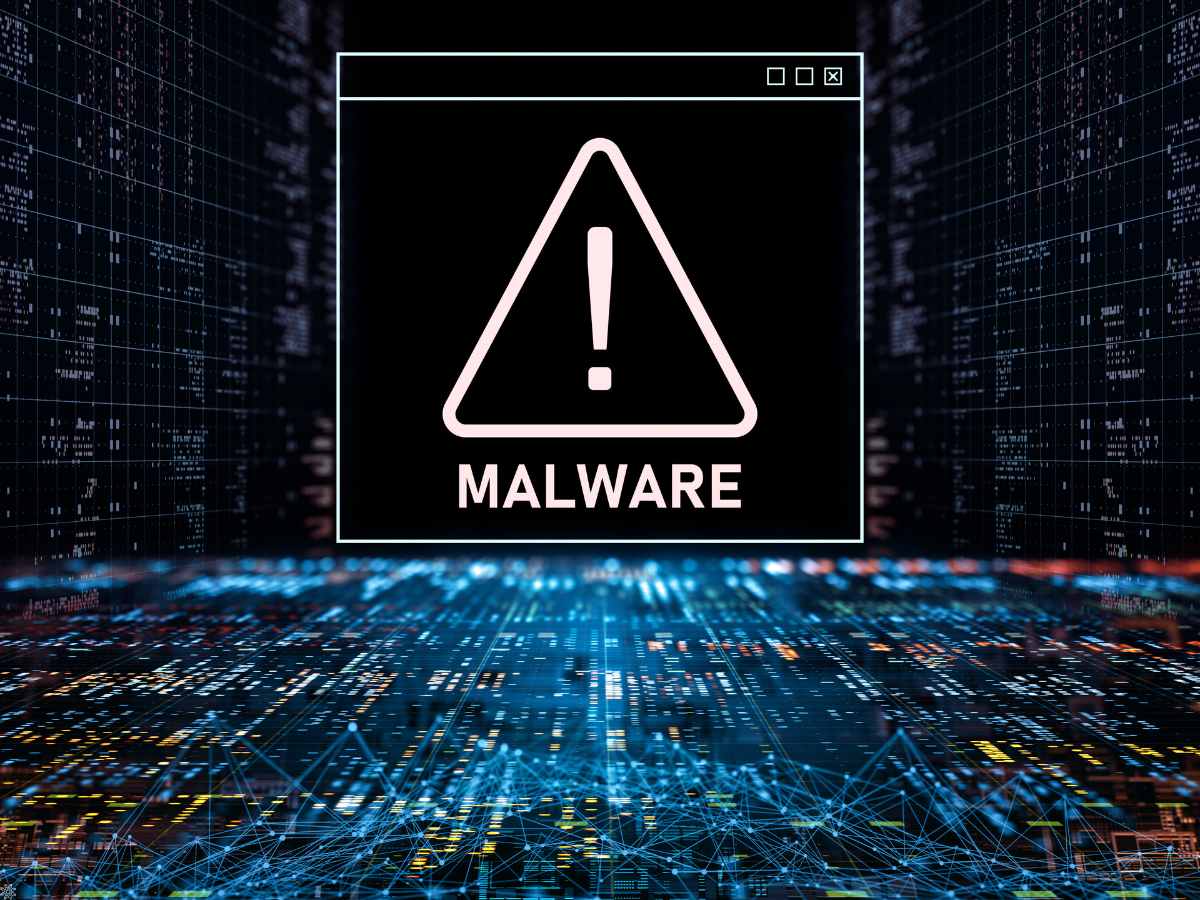In a chilling revelation, a joint cybersecurity advisory from the FBI, Cybersecurity and Infrastructure Security Agency, Department of Health and Human Services, and Multi-State Information Sharing and Analysis Center warns of the widespread havoc wrought by the Black Basta ransomware. This insidious digital attack has decimated over 500 organizations throughout the globe, penetrating important infrastructure sectors in the United States, the United Kingdom, Australia, Canada, Japan, and New Zealand.
Black Basta, a formidable ransomware-as-a-service that emerged in April 2022, is believed to be linked to FIN7, a notorious cybercriminal group known as ‘Carbanak.’ Despite initial speculation connecting it to the Conti ransomware, a thorough forensic investigation by cybersecurity professionals has debunked such claims, highlighting this digital threat’s intricate and evolving nature.
Operating with alarming efficiency, Black Basta affiliates employ a variety of infiltration methods, including phishing, exploiting vulnerabilities, or purchasing credentials from Initial Access Brokers. Once inside the network, they deploy the ransomware through tools like QakBot, seizing control and encrypting crucial data. Notably, a variant of Black Basta targets Linux-based VMware ESXi virtual machines, adding a new layer of complexity to its malicious operations.
Following the encryption, victims are presented with a grim ultimatum through a ransom note, compelling them to contact the cybercriminals via a Tor link. The clock ticks ominously as a countdown on the Black Basta Tor site threatens to expose stolen data upon reaching zero.
The surge in ransomware attacks underscores a sobering reality: every day, the existing cybersecurity issues keep arising, and the situation is more important every day. Black Basta surpassed 12th as the 2023 most active ransomware strain; companies need to raise their alertness as well as be observant for high security. The adoption of up-to-date patch management, as well as the introduction of multifactor authentication that would be resistant to phishing, is the only proactive method to tackle the danger of cyber sabotage one might face.
As the digital landscape evolves, vigilance remains our greatest defense against the encroaching shadows of cyber warfare.






